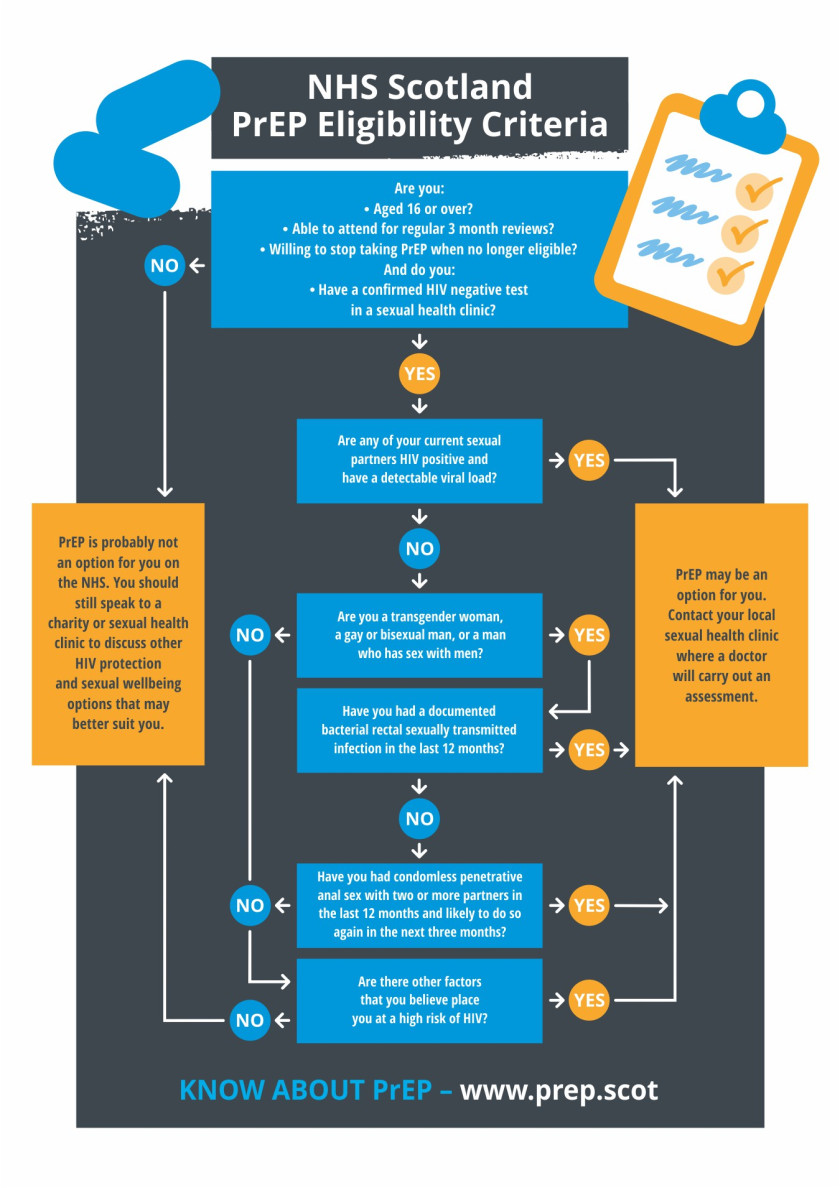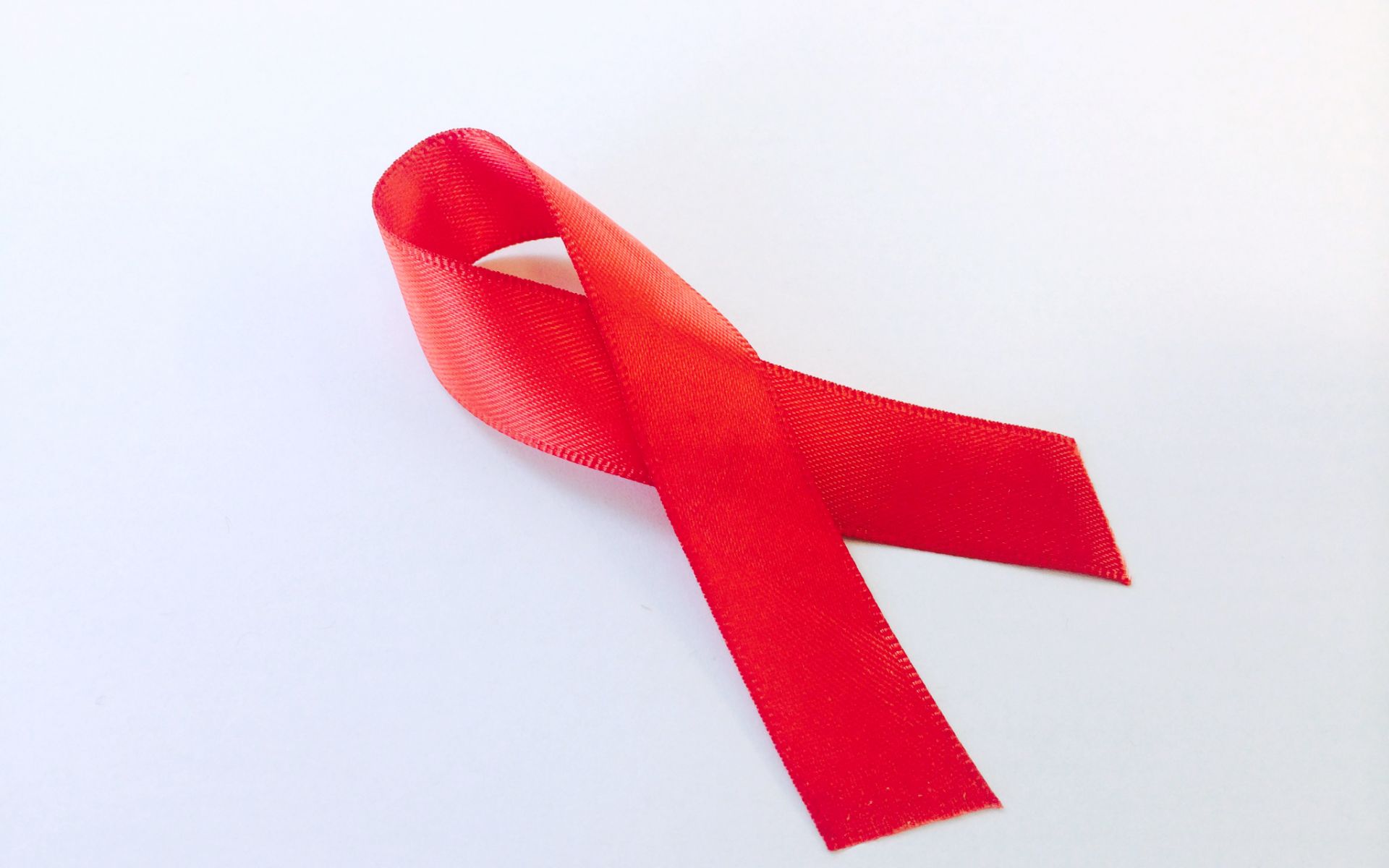HIV & PrEP
What is HIV?
HIV stands for Human Immunodeficiency Virus. HIV weakens a person’s immune system, which reduces the body’s ability to fight infections. If left untreated HIV can cause AIDS (Acquired Immune Deficiency Syndrome) and this will seriously harm the body’s immune system. This can result in serious illness and disease. Remember, AIDS can only develop in someone who already has HIV infection and not everyone who has HIV will go on to develop AIDS. In fact, because the treatments are so effective for HIV, most people will never develop AIDS.
How can you catch HIV?
The HIV virus is found in bodily fluids. Only blood, genital fluids (semen, vaginal and anal fluids) and breast milk from an HIV infected person can pass on HIV.
The most common ways HIV is passed on to someone else is during vaginal or anal sex with no condoms, sharing sex toys without the use of condoms, by sharing equipment used to inject or snort drugs and from a mother to a baby during her pregnancy, birth or breastfeeding. Someone who is already HIV positive and whose virus is controlled on treatment cannot pass on the virus.
There are a lot of myths surrounding the transmission of HIV. HIV is not transmitted through normal social contact – you can’t get HIV from:
- Sharing food and cutlery
- Kissing
- Shaking hands or hugging or any other social contact
- Using the toilet or swimming pools
- Sneezing
- Spitting or biting
What are the symptoms of HIV?
Many people will not have any symptoms of HIV for many years. The virus can be present in the body for months or years before any health problems begin. However during this time a person infected with HIV, whilst not having symptoms, can still pass the virus on to other people and their immune system will slowly become more damaged. Some people infected with the virus may experience a short illness within 6 weeks of infection. This can include a body rash, sore throat and high temperature. These symptoms can be similar to other viral illnesses which is why the only way to be 100% sure is to get an HIV test.
Where and how do I get tested?
HIV testing is offered as part of all our routine sexual health testing here at Highland Sexual Health. HIV is tested through a blood test, which is usually very quick. The results are usually returned within 1 week. These can be done either by making an appointment with us or ordering a Home Sampling Kit.
What if my result is positive?
If your HIV test comes back positive you will be asked to come and get tested again to confirm this result. You will then be referred onto a specialist team of healthcare professionals for support and treatment. In Scotland, this treatment is free. Being told you have HIV may be a massive shock but remember it is a medical condition and treatments are available to make sure you stay healthy and well and live a normal life span. Being HIV positive doesn’t mean that you can’t live a normal life. There is legislation in place in the UK that protects people living with HIV from discrimination.
AIDSMAP - Stigma
Treatment and living with HIV
Even though treatment can’t cure HIV, it can reduce your viral load to the point where it won’t be detected in tests. There is now consensus that a person living with HIV who have been taking effective HIV medication for at least 6 months with undetectable levels of virus will not transmit HIV to their sexual partners . Nowadays treatment for many people living with HIV involves just taking one tablet every day and seeing a specialist for regular check-ups.
Prevention
The best way to prevent all sexually transmitted infections including HIV, is to practice safer sex – this means using a condom for vaginal or anal sex. A person with HIV can still have sex but you must practice safer sex if you have multiple partners. There are also medications used to prevent the transmission of HIV. If you think you have been at risk of catching HIV (within the last 72 hours) you may be able to take something called PEP (post exposure prophylaxis). PEP’s job is to try and prevent your body catching the virus. It is available from A&E or Highland Sexual Health. The sooner you take this medication, the more effective it is. Whilst PEP is offered after a possible exposure to HIV there is a relatively new drug called PrEP (pre-exposure prophylaxis) which is now available for free on prescription in Scotland.
PrEP is also available to buy online through I Want PrEP Now
PrEP
PrEP (pre-exposure prophylaxis) is a course of medication taken by people who are HIV negative and are at high risk of catching HIV, to lower their risk of HIV infection.
Information about PrEP can be found below or at www.prep.scot
or call us on Tel: 01463 888300 to make an appointment or speak to one of our health advisors.
Who can take PrEP?
 There is an eligibility criteria for PrEP. Some of the criteria includes –
There is an eligibility criteria for PrEP. Some of the criteria includes –
- Being aged 16 or over
- Testing HIV negative in a clinic
- Resident in Scotland
- Current sexual partner who is HIV positive with a detectable viral load
- Gay and bisexual men and men who have sex with men practicing condomless anal sex
If you think you are eligible for PrEP, when you attend the clinic the Doctor/Nurse will go over the full eligibility criteria with you to find out if you are suitable to be prescribed it.
PrEP is also available to buy online through I Want PrEP Now
How does PrEP work and is it effective?
PrEP works by the user taking anti-HIV (antiretroviral) medication which prevents HIV from establishing infection inside the body. When taken correctly, PrEP has been proven in a number of clinical trials to be very successful. There are two main methods of taking PrEP – ‘daily dosing’ and ‘event based dosing’. When you attend for your appointment the Doctor/Nurse will ask you some questions and together you can decide which of these methods fits best with your lifestyle.
Immunisations
As well as being offered PrEP, gay, bisexual and MSM (men who have sex with men) will also be offered immunisations against Hepatitis A, B and HPV. Even if you don’t feel like PrEP is right for you right now, you can still visit Highland Sexual Health and discuss your immunisation options with a Doctor/Nurse. You don’t have to use PrEP in order to get these immunisations!
Other STI’s
PrEP is very effective against HIV but it does not reduce the risk of other STI’s. Condoms protect against most STI’s and this is a good reason to still use them.

 There is an eligibility criteria for PrEP. Some of the criteria includes –
There is an eligibility criteria for PrEP. Some of the criteria includes –